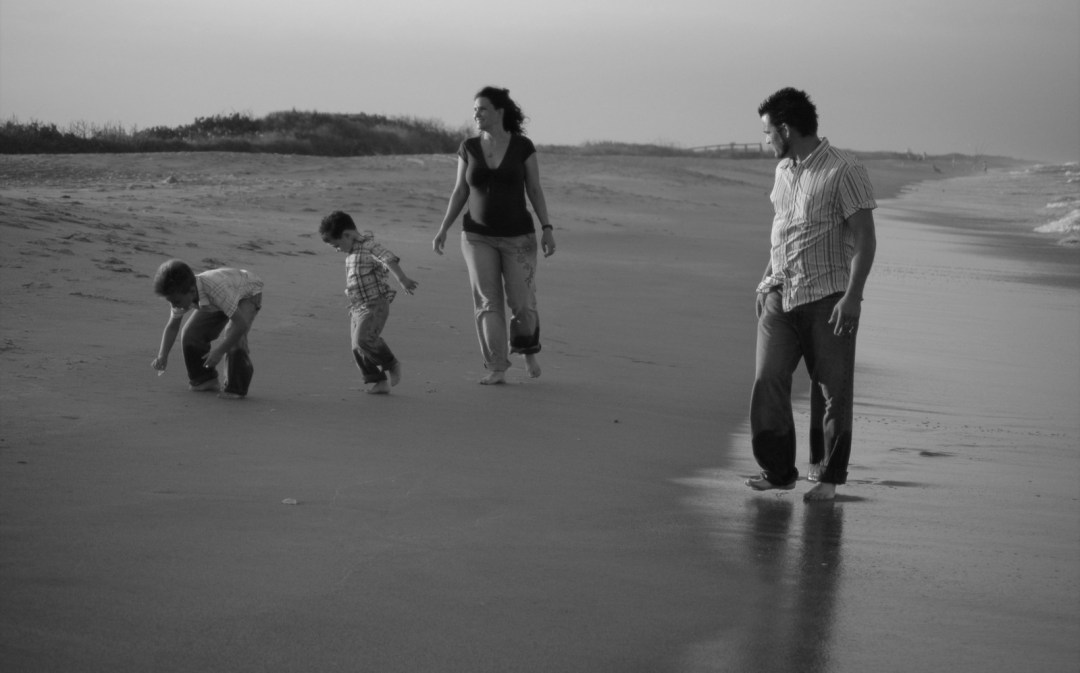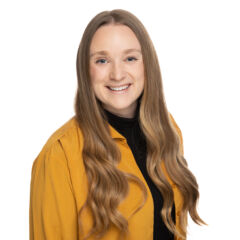
Our Assessment Programs
Your Counselling specializes in the production of home studies which are completed for a variety of purposes. Since 2015 the team at Your Counselling have been completing home studies for individuals and families applying for adoption, kinship care, private guardianship, and foster care.
WHAT IS AN SAFE HOME STUDY OR ADOPTION ASSESSMENT?
Structured Analysis Family Evaluation (SAFE) is the required format for all home studies. The SAFE model is used throughout Canada and the United States. It is based on a foundation of strong social work practice values and combines an information gathering and analysis technique that assists the social worker to describe and evaluate a family.
SAFE is a strength based model of home study which focuses on the individual and family strengths and capabilities. In all types of home studies the model looks to identify stability, capacity to adapt to change and how this information relates to one’s ability to provide care to a child.
A key element of the SAFE model is ongoing supervision and consultation that is provided to the home study writers. Our SAFE certified supervisor works closely with both the writers and referral sources to provide a thorough analysis of each family composition. Our Supervision model ensures that a comprehensive, quality report, which is completed in a timely manner as per the parameters of the SAFE model.
If you require a home study to be completed or would like to learn more about this process, please contact us today.
Your Counselling is pleased to offer Psychosocial Assessments and Counselling for Third-Party Reproduction
What is third-party reproduction?
Third-party reproduction is the assistance of another person’s gametes (i.e., eggs or sperm), embryos, or body (i.e., uterus). Individuals and couples have the option to build their family with third-party reproduction when the use of their own gametes or uterus is not possible or not available, possibly due to infertility, single parenting, LGBTQ+ family-building.
Third-party reproduction counselling provides support, information, and strategies to help make this type of family-building as positive an experience as possible.
Third-party reproduction counselling will explore the following topics:
- Make the decision of whether donation/surrogacy is the right option for you
- Prepare for your experience as an intended parent/recipient, donor, or surrogate
- Know what to look for in a donor or surrogate/gestational carrier/IP
- Learn how and when to inform your children of their origin story
- Know if, how, and when to inform friends and family of your plans
- Manage the relationships, boundaries, and expectations between all parties
- Feel more attached and bonded to your child, regardless of genetic connection
What happens in a third-party reproduction counselling session?
If you are participating in third-party reproduction at a fertility clinic (as a donor, surrogate, or as intended parents), they require a counselling session as per regulations. Our team will provide you with information, support, and strategies to help make your journey as smooth as possible. A report is then sent to the fertility clinic that you are working with.
Key Elements of Third-party Reproduction Counselling :
Partners: If you are living with a partner (cohabiting, common-law, married), they are required by Health Canada to attend the counselling appointment with you.
Reports: A summary report that summarizes topics discussed in your session will be sent to your clinic after your meeting. The report is specific to each arrangement and is not transferable to other parties/arrangements or clinics. In most cases, the report is valid for one year, unless circumstances have occurred that alter your arrangement (e.g., changes in health or mental health status, partner(s), source of gametes, etc.)
Remote Sessions: These can be offered via telephone and video conferencing. Please indicate on your booking your preference for a remote session.
Therapists at Your Counselling assess the impact substance use on a person’s major life areas. The attributes of addictions are taken into consideration throughout the assessment. These attributes include the physical symptoms, the psychological and emotional indicators, and also the behavioural signs of dependency. The assessment also examines how the severity and the frequency of one’s substance use impact the individual’s mental health.
Some of the concerns that may be pointed out in the assessment may include the following:
- Drug induced psychosis
- Negative peer relationships
- Irritability/anger
- Depression
- Cravings and withdrawals
- Poor family relationships
- Legal issues
- Financial difficulties
- Poor mental and physical health
- Impulsive and manipulative behaviour
- Denial and minimizing one’s substance use
The assessment is used as a locater that determines where the individual is in the cycle of addiction. Depending on whether the person is in the initial use stage of addiction, the misuse stage, the abuse stage, the dependency/addiction stage, withdrawal or the relapse stage then the therapist is able to work with the individual to determine which treatment modality would be best suited for them.
Contact our team to learn more.
A Psychosocial Assessment is an evaluation of a person’s mental health, social status, and functional capacity within the community.
A psychosocial assessment is an evaluation of mental, physical, and emotional health. It considers the client’s perception of self and his or her ability to function in the community. Usually it takes the form of a series of questions and screening tools. The assessment is used to create a comprehensive picture.
A psychosocial assessment will cover all the aspects of a person’s life to get a picture of his or her mental state. Common questions include asking a client to list his or her stressors, the symptoms he or she is having, and whether the client has thoughts of suicide or harming others. The assessment will also cover a client’s medical history and thoughts of self.
Contact our team to learn more.















